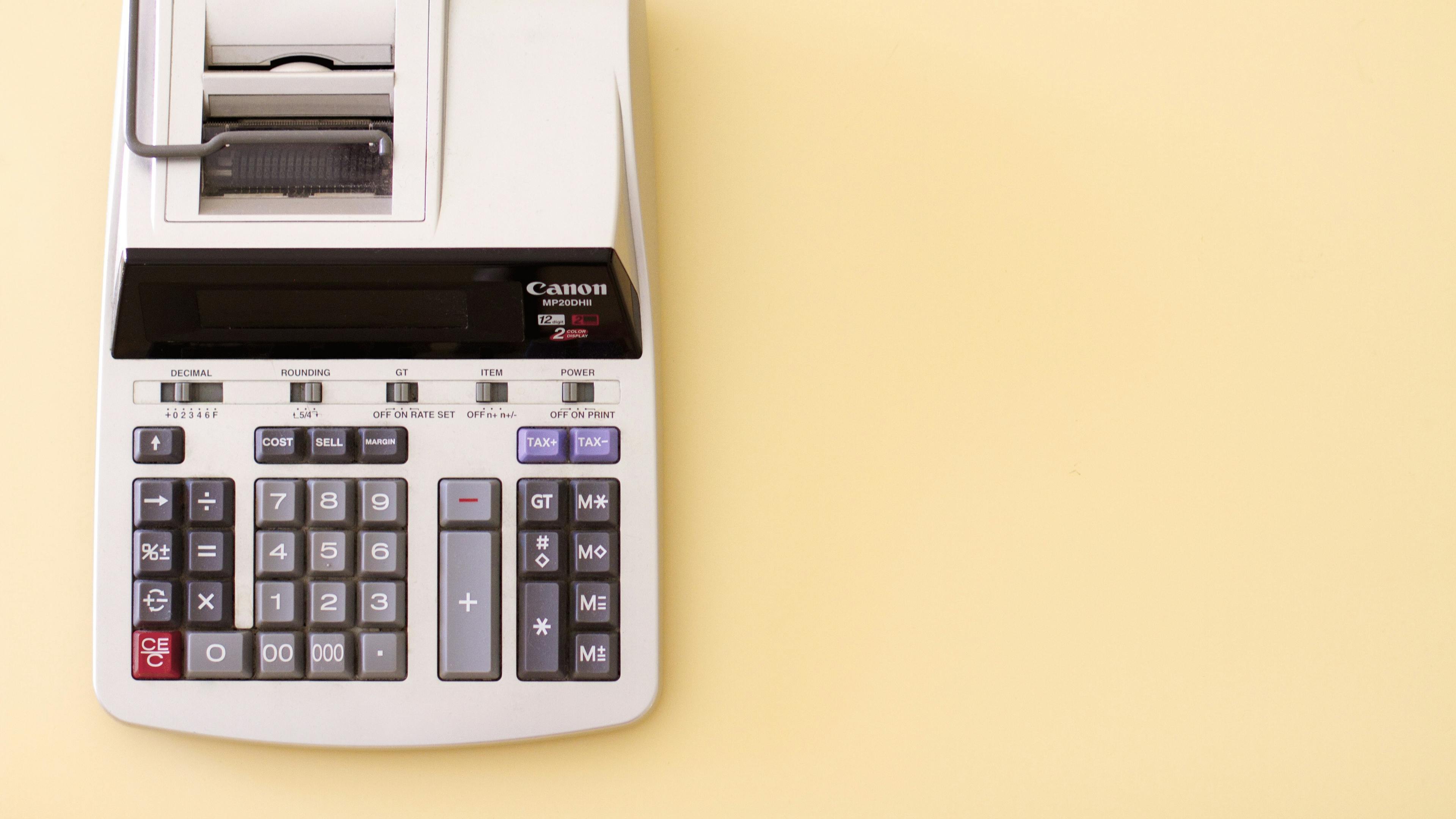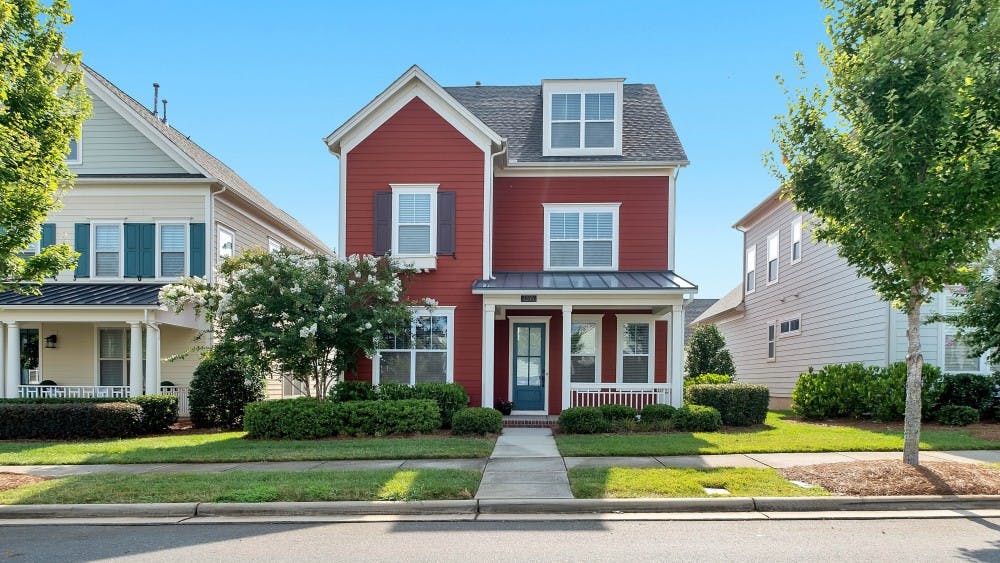
The Toronto real estate market is one of the most expensive in all of Canada. Toronto living costs are already high and in 2023 a new tax was implemented that made them higher. With the steep rise in home prices in the past few years in the City of Toronto, and the belief that demand is outpacing supply, Toronto City Council has implemented a Vacant Home Tax, which is a tax over and above existing Toronto property taxes and Toronto land transfer tax. This is one of many steps that the city is taking to address the Toronto housing crisis and Toronto housing affordability.
You may naturally ask, what is Vacant Home Tax? It was a tax implemented in 2023 for any Toronto homeowners that do not personally occupy or rent their property for at least six months out of the past year. The City of Toronto Vacant Home Tax can be substantial, so it is important for Toronto property owners to understand when and how it applies.
Who Must Pay the Tax?
According to the City By-Law, any property containing at least one dwelling unit (a space that includes a dedicated washroom and kitchen) is considered a “Vacant Unit” if, for more than six months during the tax year, none of the dwelling units are either:
the principal residence of the owner or their friend or family member; or
occupied by Tenants for at least six months of the year.
A Toronto rental property will not be subject to the tax so long as the property is occupied for six or more months per year. As such, if you are a Toronto landlord with existing tenants, you will not have to worry about an additional Toronto tax payment.
How Does the City Determine Who Owes the Tax?
All residential property owners in Toronto will be required to declare the status of their property or properties annually. Declarations must be made by the homeowner or someone acting on behalf of the owner, and will indicate whether the property is occupied or vacant. The declaration will determine whether the Vacant Home Tax applies and is payable.
There are five choices for the declaration, the first four of which are not subject to the tax:
Occupied by the owner
Occupied by a permitted occupant (generally, a family member or friend of the owner who is not paying rent)
Occupied by tenants
Vacant with an eligible exemption
Vacant without exemption (empty home tax declaration)
If the property owner fails to complete the declaration by the deadline, a late filing penalty of $250 will be charged. A provably false declaration may result in a fine of up to $10,000.
How Much is the Tax?
The vacant property tax will be charged as one percent of the property’s current value assessment, which is the amount the City has determined the property is worth for property tax purposes. For a property worth $1 million, the tax would be $10,000. The tax will be charged annually, and added to the property tax bill. Again, this is in addition to the already existing Toronto real estate taxes.
Are there Exemptions?
There is a list of scenarios in which the unit may be occupied for less than six months of the calendar year, but the tax is not payable:
The owner passed away during the calendar year;
Occupation and normal use of the property is unavailable due to renovations or repairs;
The principal resident is in a long-term care facility or hospital;
The owner purchased the property with less than six months remaining in the calendar year;
The property is required for employment purposes by an owner who lives outside of the Greater Toronto Area; or
A court has ordered the property remain vacant.
For each of these exemptions, the City will require evidence from the person filing the declaration (e.g. a death certificate, registered deed, a court order).
How Will the City Know if a Declaration is False?
The By-Law empowers the City to perform random audits, and may also perform audits if they receive complaints or tips.
If a property owner is audited, they will be required to provide supporting documentation to prove they occupy the property, which can include vehicle registration, driver’s licences, income tax returns, lease agreements, insurance certificates, and sworn declarations by the owner.
How Does this Tax Affect Buyers?
Because the Vacant Home Tax is applied to the property taxes of the property and not to the owner directly, a new owner may find themselves responsible for the previous owner’s taxes if they do not properly investigate the tax situation when purchasing the property.
Doormat lawyers will always perform a tax inquiry to determine if taxes are up-to-date for a property you are purchasing. We will also ask the seller’s lawyer to provide a copy of their clients’ declaration to assure you that the property will not be subject to the Vacant Home Tax.
For Toronto real estate investors who don't intend to live in the property, we would strongly recommend you consider renting the property out to minimize your Toronto real estate tax. Toronto rental prices are appealing from the perspective of a landlord so it's a great way to generate passive income.
Summing it all up
The Vacant Home Tax is a new factor to consider when purchasing or selling real estate in the City of Toronto. If you do not consider your situation seriously before purchasing, and provide accurate information about your use of the property by the deadline when you are the owner, you may find yourself liable for a substantial tax. That said, since the Toronto housing supply is low (read what the city is doing about the Toronto housing shortage here), the Toronto rental market is hot, which provides you with opportunity to avoid the vacant home tax, even if you don't personally occupy the property.







